US companies ready to commit to large-scale action in Vietnam
This business delegation has been the biggest US delegation in Vietnam to date, with over 50 American companies joining. Can we expect a new wave of US investment in the coming year?
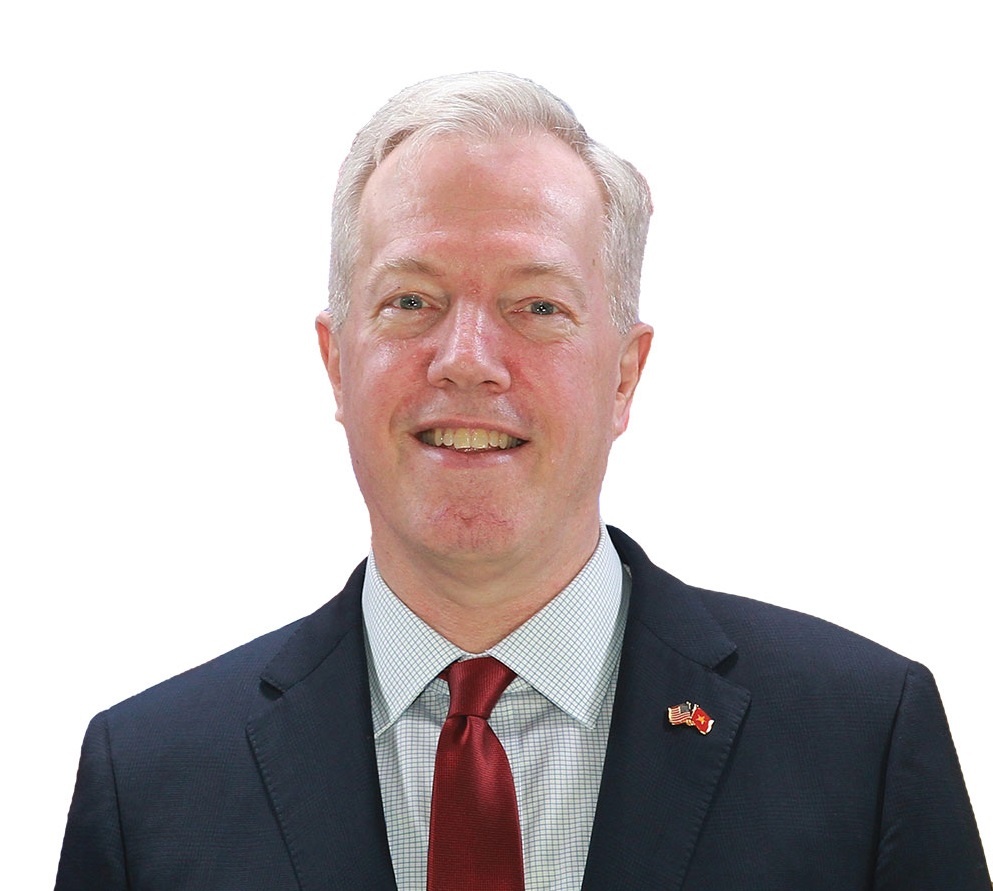 |
| Ted Osius - Former US Ambassador to Vietnam and current president and CEO of the US-ASEAN Business Council |
It’s a historic mission in that it’s the biggest that we’ve ever seen, and it also comes on the 10th anniversary of the comprehensive partnership between the US and Vietnam. We’ve made a lot of progress during those 10 years. And the fact that more than 50 companies are here this week is an indication of the strong confidence in Vietnam. The Vietnamese economy grew more than 8 per cent last year, while inflation is so low, so businesses see plenty of opportunities here.
What has been fascinating to me is the extent to which a red carpet has been rolled out for our companies. I think it’s because the leadership of Vietnam wants to show that they wish to get down to business. At the level of the ministries, every meeting has been very concrete in terms of results. Leaders have been very patient in addressing the concerns of companies.
And at the highest level, when we met with four Politburo members, and they’ve called for accountability and expressed that they want business concerns to be addressed. I think that’s very exciting.
How do you think US companies currently evaluate business opportunities in Vietnam?
I think they evaluate the opportunities as pretty terrific. Globally, there are parts of the world that may be entering into recession. But Southeast Asia is a growth centre. Vietnam grew 8.02 per cent last year, and some of its neighbours grew more than 5 per cent. We can expect strong growth this year as well. As someone who’s watched Vietnam for a long time, it’s interesting that even some of the country’s neighbours are saying they have to compete with Vietnam. That’s exciting.
Companies are looking for predictability and for their concerns to be addressed on the regulatory side. For example, in infrastructure, they would like to see the Power Development Plan VIII issued by the government, and want to make sure there’s a steady supply of power. And the message of the government was, “Yes, we will address your concerns, and we will do it quickly.”
We have received not only verbal assurances, but also points of contact for follow up. So, I see enormous growth and potential for further deepening of our economic ties.
What is your assessment of Vietnam’s commitment, vision, and readiness, and what can the government do better to prepare for the coming investment inflows?
The vision is pretty clear. For example, we heard in almost every meeting a deep commitment to digital transformation. When you look at digital transformation, there’s a lot to be worked out on the regulatory side. But last year during the prime minister’s visit to the US, we established an MoU and a framework for resolving problems in the digital space so that our companies can help Vietnam achieve its digital aspirations.
Vietnam has high ambitions for the digital economy to be 20-30 per cent of GDP going forward. I think these ambitious goals are possible. But let’s work together on the regulatory environment.
Additionally, there’s a compelling vision for green transformation and energy transition in Vietnam, in the commitments by the PM for net-zero by 2050. That’s ambitious but achievable if you work with the private sector because it’s the private sector that will provide the resources needed.
There’s also a strong commitment to reforming and transforming the healthcare sector in Vietnam.
During this mission, we’ve had a lot of healthcare companies that are ready to support those ambitious goals, with the resources to do so. It’s the same with financial services. I think Vietnam has the vision for a transformation. And if you combine that with the resources that we can bring, it can be accomplished.
What are some of the specific advantages for Vietnam and the US doing business together?
For one, because Vietnam’s number one export market is the US, that’s going to drive investment. Sometimes that investment doesn’t show up immediately as American investment.
There are some very well-known companies with big investments here that have done so through a third country like Singapore or the Netherlands, so it might not immediately show how much the US is committed to Vietnam. But I know the commitment is there at the strategic level.
At the commercial level, there’s a clear commitment and confidence in Vietnam, and a desire to share Vietnam’s ambitions for growth and development.
On your current trip, has there been anything that surprised or inspired you?
I’m pleasantly surprised by the fact that we had some excellent discussions on security topics. Some of those discussions weren’t really possible a few years ago when I was an ambassador, but it’s clear to me that the Vietnamese government has decided to diversify its supply chains, including in the security realm. That means the US can be one of the reliable suppliers for Vietnam of what it needs to stay secure and safe in this part of the world. And our companies are ready.
I look at this as an enormous new opportunity in our relationship to deepen our security partnership. It’s already strong, but it can be stronger if we’re more interoperable. If some of the equipment that Vietnam uses is compatible with American equipment, and we can be even stronger security partners, there is no limit to what we can do together.
Additionally, I’m going to see numerous students while I’m here. I think the potential for educational exchange is endless. Vietnam is already the fifth-largest supplier of students to the US, even compared to Canada, or countries like China and India with much bigger populations. And that means we will know each other better.
We now have direct flights, which we didn’t have before, between Vietnam and the US. That means more tourists going back and forth, more family members, more students, more investors, and more businesspeople. And the community in the US, including Americans of Vietnamese origin, is more open than ever to opportunities in Vietnam.
What I’ve seen is all of those conversations have deepened even since the time I was ambassador, and I thought they were pretty good even then. But they’ve gotten even stronger in all areas of collaboration.
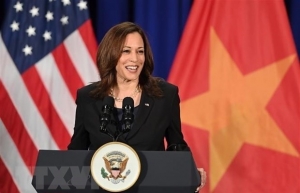 | Thriving trade setting up high-level visit from US With their investment and trade blossoming, Vietnam and the United States are expected to soon see a high-level visit from the latter to the former, which is hoped to lay firm groundwork for both nations to elevate their existing ties to a greater level next year. |
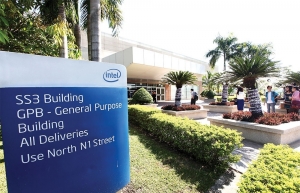 | Deals bode well for US-Vietnam ties The new economic cooperation framework involving the United States and Vietnam, and the updated version of a trade and investment deal, are set to drive bilateral ties forward. |
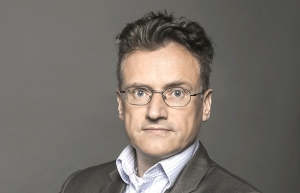 | The potential ramifications of US banking collapse The collapse of Silicon Valley Bank in the United States on March 10 shook the financial markets, opening questions on whether systemic causes are not responsible for this development. Professor Andreas Stoffers, country director of the Friedrich Naumann Foundation in Vietnam, spoke with VIR’s Celine Luu about the situation and its wider impact. |
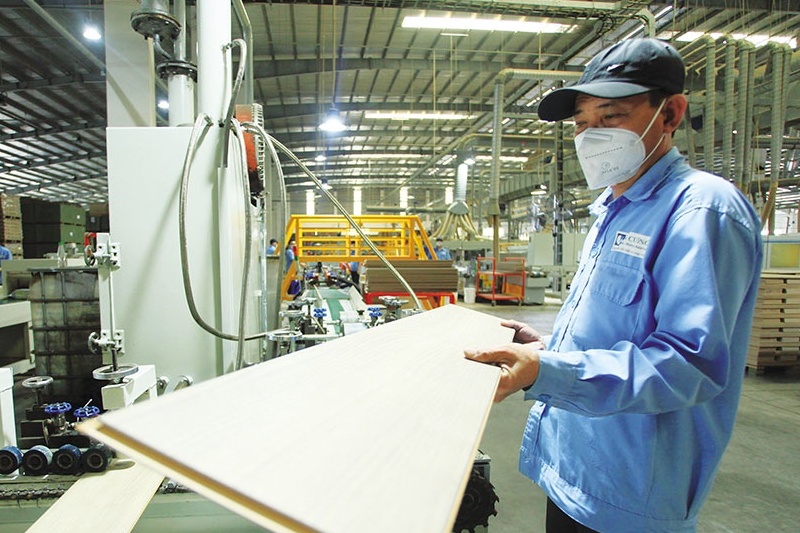 | US widens plywood trade remedy inquiry On May 2, the DOC is set to make a final determination to avoid trade remedies for Vietnamese-imported hardwood plywood. |
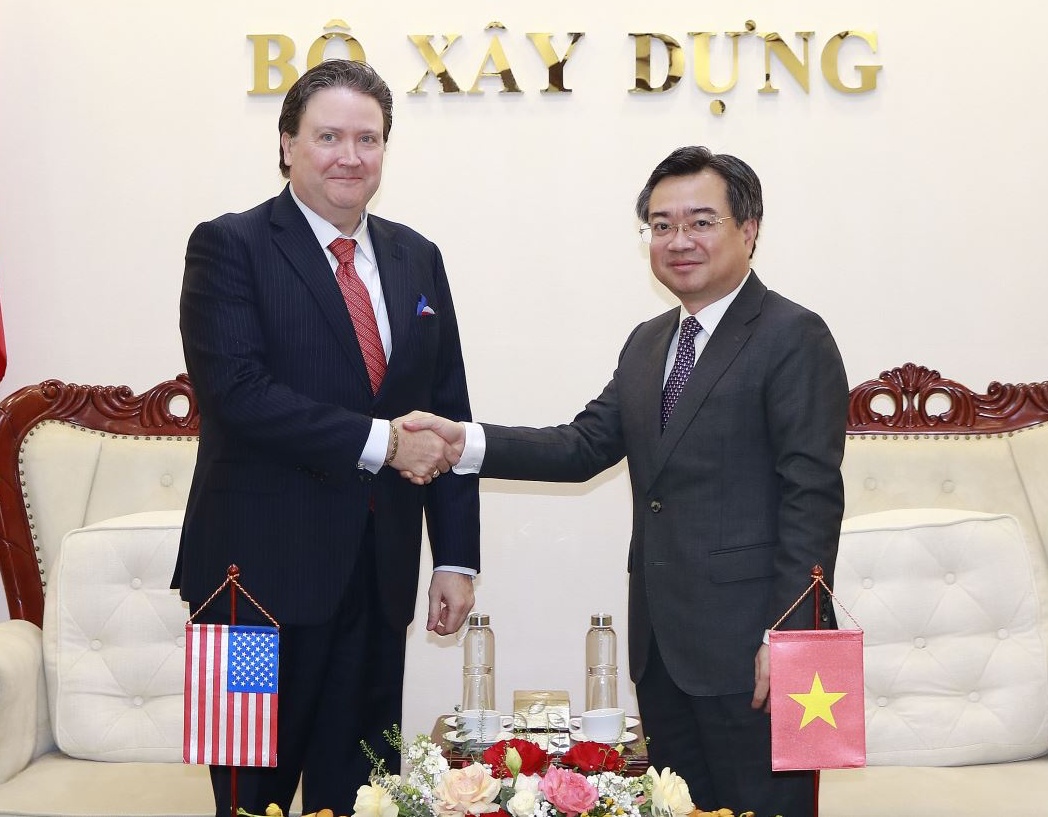 | Vietnam aspires to learn about smart city growth from US Vietnam has suggested fostering a US-Vietnam collaboration for the development of smart cities, aiding its future urban planning milestones. |
What the stars mean:
★ Poor ★ ★ Promising ★★★ Good ★★★★ Very good ★★★★★ Exceptional
Related Contents
Latest News
More News
- Internal strengths attest to commitment to progress (February 19, 2026 | 20:13)
- Vietnam, New Zealand seek level-up in ties (February 19, 2026 | 18:06)
- Untapped potential in relations with Indonesia (February 19, 2026 | 17:56)
- German strengths match Vietnamese aspirations (February 19, 2026 | 17:40)
- Kim Long Motor and AOJ Suzhou enter strategic partnership (February 16, 2026 | 13:27)
- Haiphong welcomes long-term Euro investment (February 16, 2026 | 11:31)
- VIFC in Ho Chi Minh City officially launches (February 12, 2026 | 09:00)
- Norfund invests $4 million in Vietnam plastics recycling (February 11, 2026 | 11:51)
- Marico buys 75 per cent of Vietnam skincare startup Skinetiq (February 10, 2026 | 14:44)
- SCIC general director meets with Oman Investment Authority (February 10, 2026 | 14:14)

 Tag:
Tag:
















 Mobile Version
Mobile Version